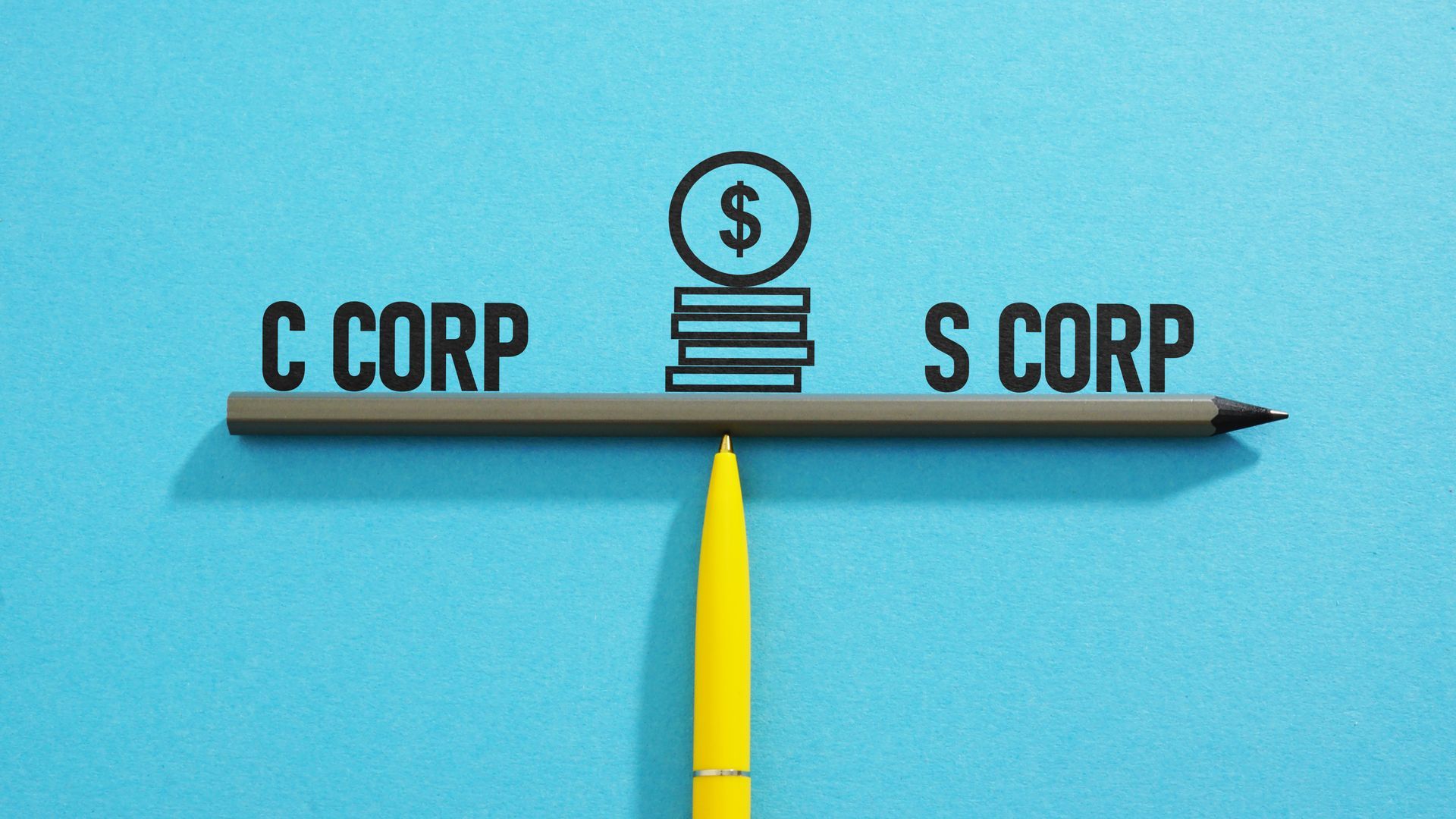Identifying and Leveraging Tax-Deductible Expenses During the Summer in Phoenix

Summer in Phoenix can be hard for everyone. Parents have the added responsibility of caring for children or paying increased childcare costs while schools are out. Businesses, renters and homeowners are having to pay higher utility bills for increased HVAC usage. Gas is typically more expensive during the summer months. The snowbirds go back home for the summer, taking their money with them. More people flee the city on vacation for cooler locales, with far fewer visiting Phoenix during the hot summer months.
That’s not to say there are no benefits for businesses in Phoenix during the summer. While most tax credits and deductions do not have a technical seasonal component, there are seasonal variables that may make your business eligible to receive certain tax advantages.
The key for small businesses in Phoenix is identifying these opportunities, properly documenting them and working with an experienced business tax preparer to make maximum use of the tax credit or deduction.
Work Opportunity Tax Credit (WOTC)
Did you know that hiring kids for summer jobs actually qualifies your business for a tax credit? The WOTC can grant your small business a tax credit for 40 percent of up to $6,000 in seasonal wages for workers the IRS considers to be designated community residents or qualified summer youth employees. The size of the tax credit is dependent on the number of hours the summer worker ends up working (a 25 percent rate is available for summer workers who end up working less than 400 hours but more than 120).
Although you cannot deduct the full wages of those employees, at least not the portion for which you are receiving the WOTC, you can adjust your wage deduction calculation to still claim the deduction for the uncredited portion of the wages you end up paying for summer help.
Calculating the WOTC credit can get complicated and does require documentation, including a Pre-Screening Notice and Certification Request Form 8850, which is why you should discuss reporting requirements, payroll practices and bookkeeping needs with an experienced Phoenix business tax preparer.
Energy Efficiency Tax Credits
Most commercial buildings, whether it’s retail, food service or office space, are kept cooler than the average residential space. Thermostats in business settings are rarely set above 75. It’s not uncommon for them to be programmed in the mid-60s. In addition to having large cubic footage, many businesses also have significant window space, meaning lots of natural UV exposure and heat transference.
Business owners who deal with these challenges are acutely aware of the cost of HVAC, both in terms of daily utility costs and the price of equipment replacement, maintenance and repair.
The value of residential energy efficiency upgrades is debatable, even with available personal tax credits. This is in large part due to the sometimes small monthly utility savings despite a large upfront investment in energy-efficient technology.
The case for energy efficiency upgrades is much easier to make on a commercial level where the monthly cooling expenditure can be exponentially greater, as can the value of energy efficiency tax credits.
The Section 179D Energy Efficiency Commercial Building Tax Deduction, which was expanded in 2022 through the Inflation Reduction Act, offers significant potential savings. This deduction has multiple tiers and caps, with the base and bonus deductions depending on whether a project met certain labor requirements.
Higher tier requirements can be met if specific construction, alteration and repair work is performed at prevailing wage rates or if labor hours are performed by qualified apprentices. If you want to take advantage of Section 179D, you should discuss the requirements with an experienced CPA or business tax preparer.
There’s also an Arizona Commercial/Industrial Solar Energy Tax Credit as well as the Arizona Energy Equipment Property Tax Exemptions. This can potentially entitle commercial and industrial property owners to a state tax credit for 10 percent of installed costs up to $25,000 per building at a cap of $50,000 per business annually and an exemption from increased property taxes due to the added value of renewable energy equipment. Businesses may also qualify for SRP or APS rebates for kWh saved and/or the cost of upgrades. The actual rebates will depend on your utility provider.
Making Use of Summer Tax Credits and Deductions in Phoenix
Taking full advantage of state and federal tax credits can be complicated and does require forethought and planning. It’s important to time energy efficiency upgrades or hiring to ensure they align with the eligibility requirements for the tax credits or deductions you’re pursuing. Proper documentation of expenditures, as well as project details and worker qualifications, are also vital if the tax credits or deductions are contingent on those factors.
The team at H&H Accounting Services is dedicated to ensuring Phoenix businesses maintain compliance with Arizona Department of Revenue and IRS requirements. We can help explain your summer tax credit and deduction options so you can make informed hiring and energy efficiency upgrade decisions. Call us at (480) 561-5805 to learn more.



